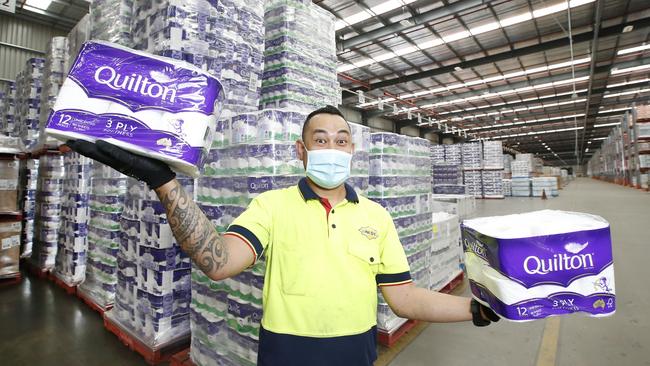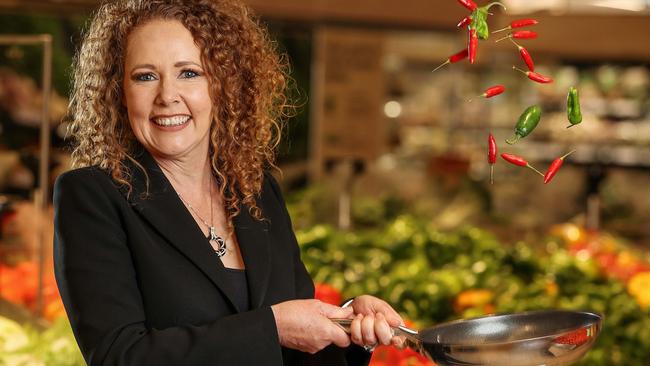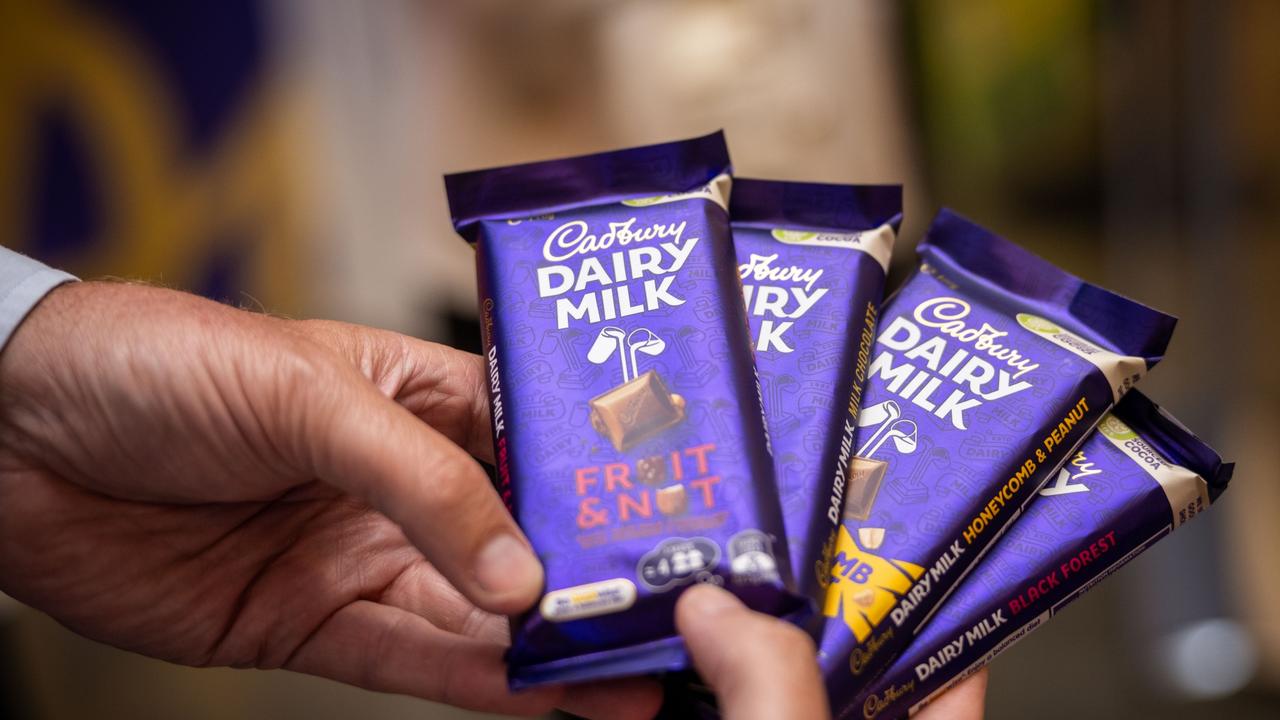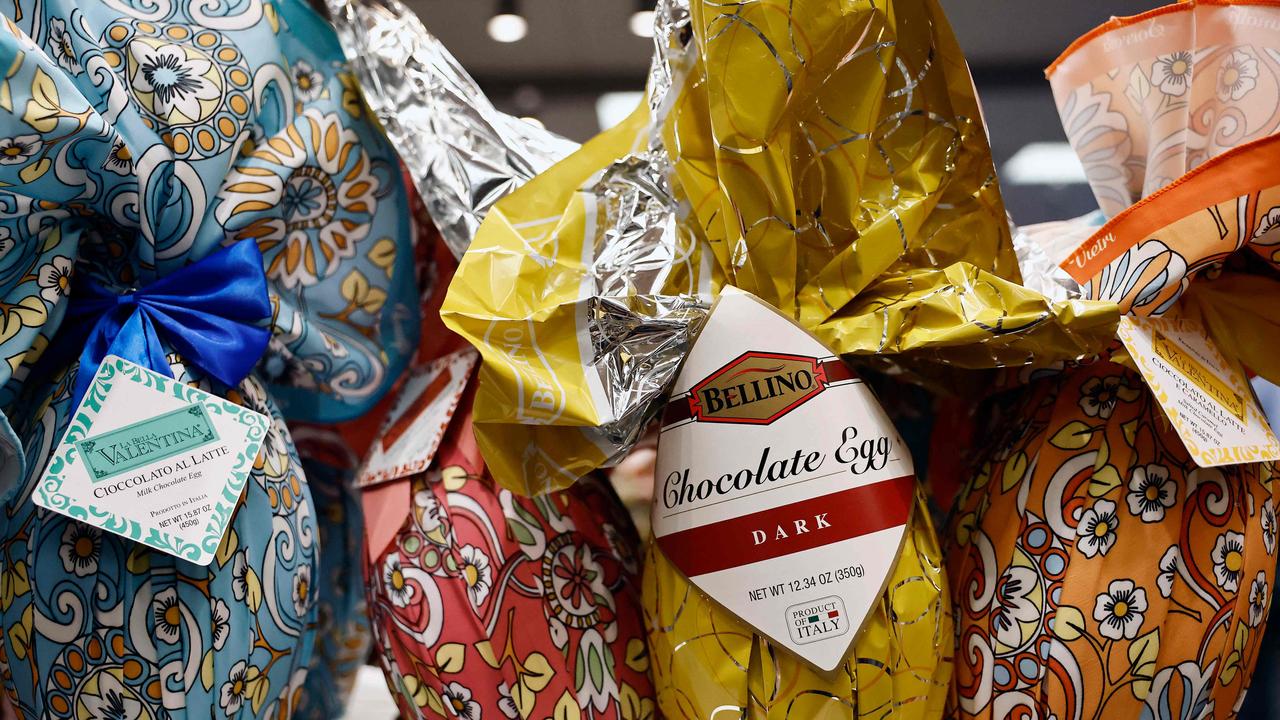Coles looks beyond toilet paper hoarding to predict consumer needs
Coles has revealed what was behind the toilet paper hoarding epidemic, and how it changed the company’s approach.

Fights over toilet paper in the supermarket aisles were all about one thing — control.
The head of marketing for supermarkets giant Coles has floated the theory about why consumers stripped the shelves of toilet paper when the COVID-19 pandemic emerged one year ago, saying highly anxious shoppers were trying to control part of their lives as elevated levels of uncertainty swirled around them.
Coles chief marketing officer Lisa Ronson also said many consumers were later faced with a challenge after they then stripped the supermarket shelves of pasta, rice, flour and other cooking ingredients of bulging pantries but not the complete set of skills to cook meals from scratch.
Addressing the Melbourne Business School Business Analytics Conference on Tuesday, Ms Ronson said when COVID-19 emerged in March 2020 suddenly toilet paper became “worth more than gold”.

Her theory was that at a time of great uncertainty consumers were trying to exert some control on even the smallest part of their lives.
“Whilst we chuckle about the whole toilet paper issue now, back at the time what it was representing was Australians and global citizens alike were really anxious, they were going into a period of uncertainty,” Ms Ronson said.
“And what they were effectively trying to do — and there are lots of theories over the toilet paper and why it is first and always the first to go — but it was all about control and trying to control a small space, whether that be your home, your bathroom, whatever it might be.
“Because that anxiety level was just so high, consumers are trying to control things.”
The panic buying and fights for toilet paper that broke out in the aisles ultimately led chains such as Woolworths and Coles as well as independent supermarkets to enforce buying limits. US warehouse retailer Costco on saw its stock of toilet paper completely sold out in one day at two of its Australian outlets.
Once toilet paper was stripped from the stores, shoppers then turned to key cooking products like pasta, rice, flour and sugar but this then saw a new challenge, Ms Ronson said.
“There were a whole lot of Australians that had stocked pantries and had absolutely no clue how to cook from scratch - so we had a role to play there,” she said.
Ms Ronson said Coles had entered the COVID-19 health crisis in a strong position with an increased focus on customers and customer metrics to drive future growth.
“That’s because we were more customer centric and engaging with our customers more than we ever have in recent history,” she said.







To join the conversation, please log in. Don't have an account? Register
Join the conversation, you are commenting as Logout